Public Rights Project (PRP) and Nebraska Appleseed filed an amicus brief with the Nebraska Supreme Court in Spung v. Evnen, a case challenging the Nebraska Secretary of State’s unconstitutional attempt to prevent those who have completed the terms of their felony sentences from voting. The Secretary directed local election officials to prevent individuals with felony convictions from registering to vote in contravention of two Nebraska laws, L.B. 53, enacted in 2005 and L.B. 20, enacted earlier this year. In this brief, PRP and Nebraska Appleseed represented former Democratic state senator, DiAnna Schimek, the sponsor of L.B. 53, current Democratic state senator Justin Wayne, the sponsor of L.B. 20, and former Republican Secretary of State John Gale, who served as the state’s chief election officer from 2000 to 2019.
As PRP’s brief argues, by refusing to enforce L.B. 20 and L.B. 53, the Secretary of State has created conflicting legal requirements and logistical nightmares for local officials, uncertainty and fear among the thousands of Nebraskans refranchised by these laws, and the conditions for chaos at the polls this November. Local election officials are now required by law to facilitate registration for Nebraskans with past convictions who have completed their sentences, while also being required to comply with the Secretary’s contradictory directives. Nebraskans with felony convictions re-enfranchised by L.B. 20 or L.B. 53 face similar uncertainty. Nebraska statute protects their right to vote, but they face criminal liability if they attempt to exercise that right. Even more concerning, by refusing to recognize L.B. 53—a law that has been in effect for nearly 20 years—the Secretary risks suddenly disenfranchising thousands of voters and causing chaos during this November’s election. Thousands of Nebraskans have registered to vote and voted under L.B. 53, and it would be arbitrary and cruel to suddenly disenfranchise them. What’s more, election officials lack the time, tools, and information necessary to remove these voters from the rolls. Any attempt to do so would likely result in numerous errors and thousands of voters arriving at the polls only to find they are unable to vote.
The brief also argues that the Nebraska Legislature has broad power to legislate so long as it is not limited by the state Constitution and does not encroach on the powers of another branch of government, and that the language of the Nebraska Constitution makes clear that the legislature may restore voting rights.
Oral arguments in the case will be held on August 28th.





